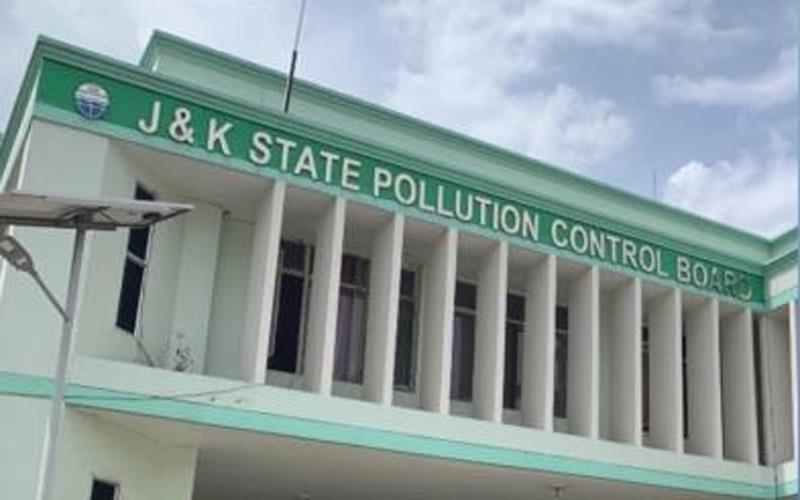Most STPs in J&K fail to meet Envir standards: PCC to NGT
Wajahat Shabir. Updated: 12/18/2024 12:33:39 AM
Front Page

SRINAGAR: A recent report submitted by the Jammu and Kashmir Pollution Control Committee (J&K PCC) reveals that most sewage treatment plants (STPs) in the region fail to meet the required environmental standards. Out of 24 sampled plants, only 10 met the permissible limits for fecal coliform levels, while just 6 complied with the necessary physicochemical parameters.
The report was submitted in compliance with a directive from the National Green Tribunal (NGT) in Original Application (OA) No. 606 of 2018, titled “Compliance of Municipal Solid Waste Management Rules, 2016 and other environmental issues.” This report also addresses the performance of STPs in managing liquid and solid waste, which have been identified as areas of major concern across the region.
The J&K PCC performed extensive testing on the water samples from 24 STPs, analyzing parameters such as fecal coliform counts and physicochemical conditions. According to the findings, while 10 STPs met the standards for fecal coliform (a critical marker for waterborne diseases), only 6 plants adhered to the prescribed physicochemical standards, which include essential elements like biochemical oxygen demand (BOD), chemical oxygen demand (COD), and dissolved oxygen levels.
The report further reveals that some of the STPs continue to discharge untreated or inadequately treated wastewater, contributing to pollution in local water bodies. This situation has raised serious concerns regarding the sustainability of water resources in Jammu and Kashmir, particularly around sensitive areas like Dal and Nigeen Lakes in Srinagar.
In response to the findings, the J&K PCC has urged the authorities to address the infrastructure deficiencies in waste treatment plants and to upgrade facilities where needed to ensure they meet environmental norms. The committee also recommended that treated water be used for non-potable purposes like irrigation or industrial activities to reduce the risk of pollution in water bodies.
These findings underscore the urgent need for a comprehensive approach to improve sewage and waste management practices across Jammu and Kashmir. Immediate action is required to address the gaps identified in the report to safeguard public health and protect the region’s fragile environment.